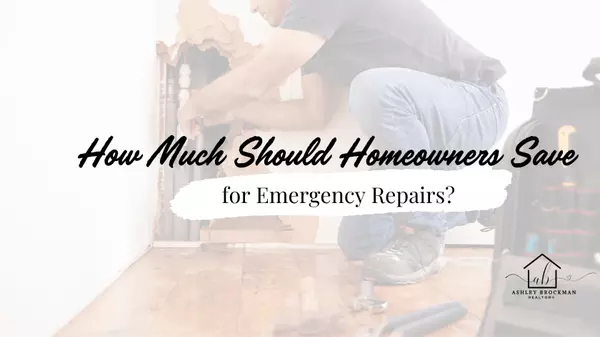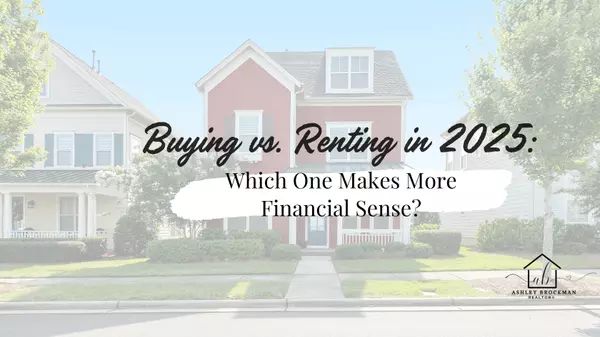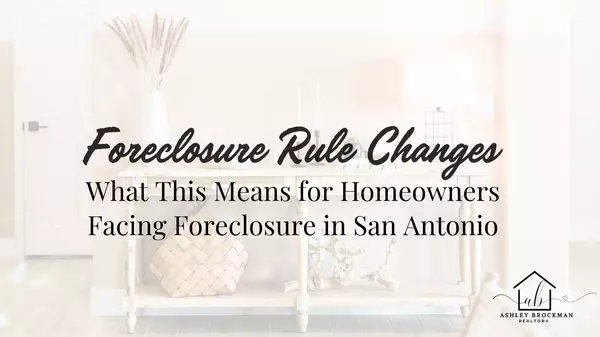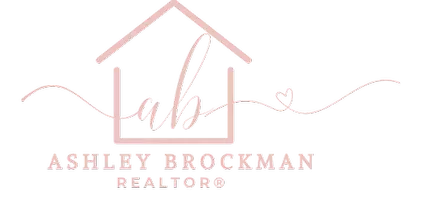7 Signs You May Be Facing Pre-Foreclosure
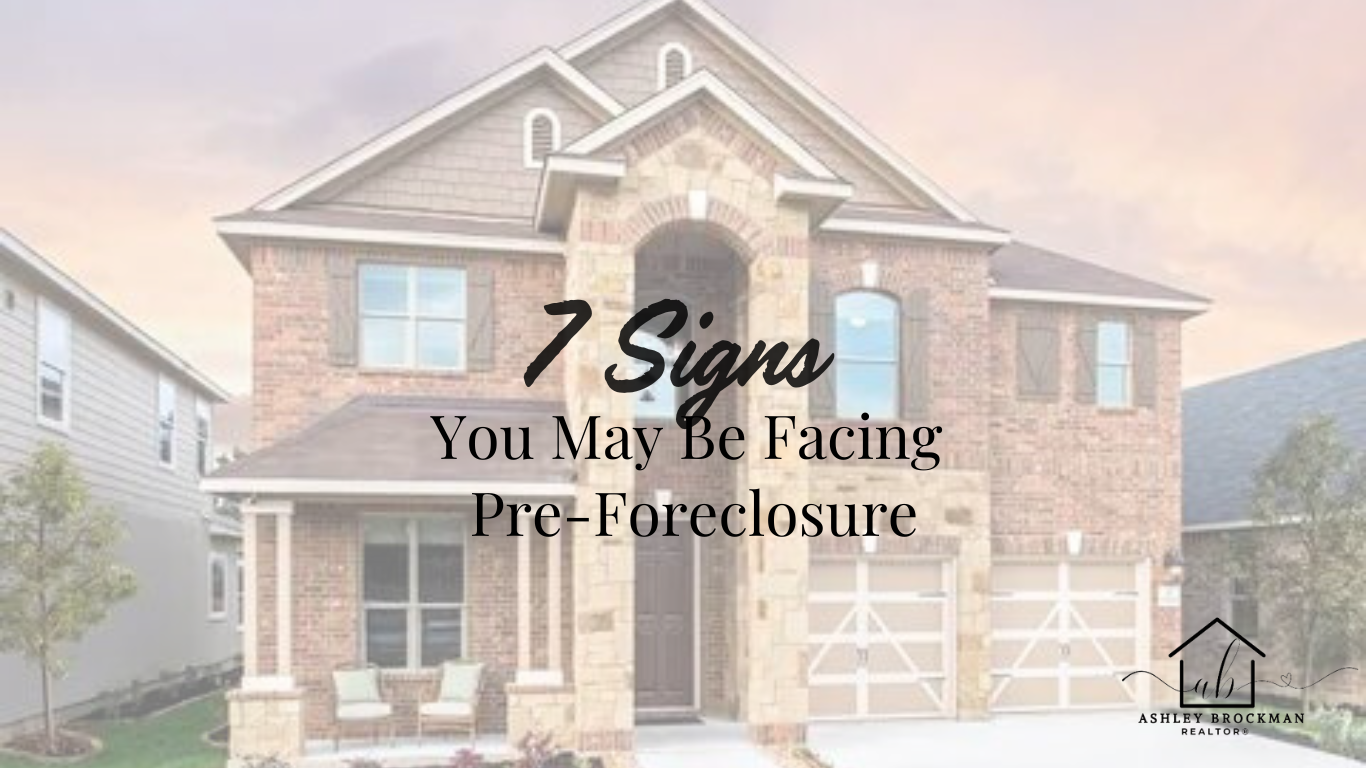
Owning a home is a dream for many, but financial challenges can sometimes turn that dream into a stressful situation. If you're a homeowner in San Antonio, Texas, it's essential to recognize the signs of pre-foreclosure early and understand what steps you can take to protect your home and financial future. This comprehensive guide will walk you through the warning signs of pre-foreclosure and provide actionable advice on what to do next.
As always, please feel free to use me as a resource if you find yourself in any of these situations. Call me at 210-850-1008 if you are wondering what to do and need help stopping a pre-foreclosure. I assist families in exploring their options to stop foreclosures for free.
What Is Pre-Foreclosure?
Before diving into the signs of pre-foreclosure, it's important to understand what pre-foreclosure actually means. Pre-foreclosure is the initial stage of the foreclosure process. It begins when a homeowner falls behind on mortgage payments, usually by 90 days or more, and the lender issues a Notice of Default (NOD). This notice serves as a formal warning that the homeowner is in default on their mortgage and that foreclosure proceedings may begin if the missed payments aren't addressed.
In San Antonio, Texas, the pre-foreclosure period is a critical time for homeowners. It offers a window of opportunity to take action and potentially avoid foreclosure. This period can last anywhere from a few weeks to several months, depending on the lender's policies and the homeowner's response.
Signs You May Be Facing Pre-Foreclosure
Recognizing the early signs of pre-foreclosure can give you the time you need to explore your options and take corrective action. Here are some key indicators that you may be facing pre-foreclosure:
- Missed Mortgage Payments
The most obvious sign that you may be heading toward pre-foreclosure is missing mortgage payments. If you've missed one or more payments and are struggling to catch up, you're at risk of falling into pre-foreclosure. In many cases, homeowners may miss payments due to unexpected financial hardships, such as job loss, medical expenses, or a significant drop in income.
- Difficulty Making Payments
Even if you haven't missed a payment yet, struggling to make your monthly mortgage payments on time is a red flag. If you're consistently dipping into savings, relying on credit cards, or borrowing money to cover your mortgage, it may be a sign that you're heading toward financial trouble. This situation can quickly escalate if not addressed, leading to missed payments and pre-foreclosure.
- Overdue Property Taxes
Falling behind on property taxes is another sign that you may be facing pre-foreclosure. In Texas, unpaid property taxes can lead to a tax lien being placed on your home, which could eventually result in foreclosure. If you're unable to pay your property taxes on time, it's important to take action quickly to avoid further complications.
- Receiving a Notice of Default
A Notice of Default (NOD) is a formal document issued by your lender when you’ve missed several mortgage payments. This notice indicates that you are in default on your loan and that the lender intends to begin foreclosure proceedings if the default is not cured. Receiving an NOD is a clear sign that you are in the pre-foreclosure stage, and it's crucial to take immediate action.
- Increased Communication from Your Lender
If you've noticed an uptick in communication from your lender, such as phone calls, letters, or emails regarding missed payments, it's a sign that they are concerned about your ability to keep up with your mortgage. This increased communication often precedes the issuance of a Notice of Default and is an early warning that you may be facing pre-foreclosure.
- Declining Home Equity
Home equity is the difference between the market value of your home and the balance of your mortgage. If your home's value has declined or if you've taken out additional loans against your property (such as a home equity loan or line of credit), your equity may be decreasing. Low or negative equity can make it more challenging to sell your home or refinance your mortgage, increasing the risk of pre-foreclosure.
- Difficulty Refinancing
Refinancing your mortgage can be a way to lower your monthly payments and improve your financial situation. However, if you've tried to refinance and were denied due to poor credit, low home equity, or other factors, it could be a sign that you're on the path to pre-foreclosure. Difficulty refinancing means you may be stuck with a mortgage payment that you can't afford, increasing the likelihood of missed payments.
Facing pre-foreclosure is a difficult experience, but it’s important to remember that you have options. By recognizing the early signs, taking proactive steps, and seeking professional help, you can navigate this challenging time and protect your home.
If you’re a homeowner in San Antonio and are concerned about pre-foreclosure, don’t wait until it’s too late—reach out today to discuss how I can help you take control of your situation and explore your options.
Ashley Brockman
210-850-1008
AshleyBrockmanRealtor@gmail.com
LPT Realty
Recent Posts
